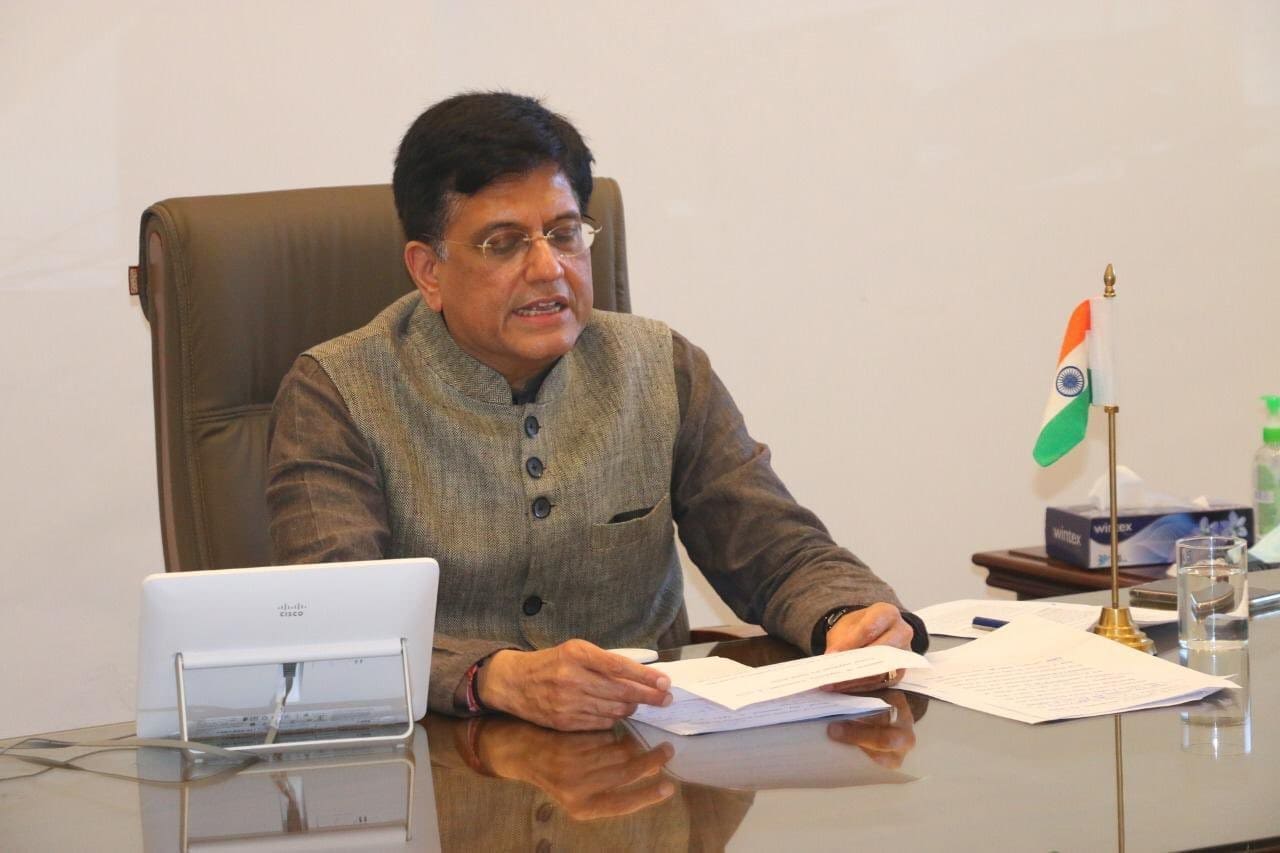Union minister Piyush Goyal on Thursday called for collective efforts to increase the country’s cotton productivity from 457 kg per hectare to around 800-900 kg per hectare.
“The world average is around 757 kg per hectare. India’s rank today is 34th, which is truly abysmally low. We should aspire to be among the top three productive countries in the world,” the minister for textiles, commerce & industry and consumer affairs, food & public distribution said.
He was delivering the inaugural address at the cotton meet organised by the Confederation of the Indian Textile Industry (CITI) on the occasion of Global Cotton Day, Azadi ka Amrit Mahotsav and CITI CDRA Golden Jubilee Celebrations.
According to Goyal, the trash content in imported cotton is 1%, whereas that in Indian cotton is 1.5 to 3%. “The Textiles Committee has been implementing assessment and star rating of ginning and pressing factories. I hope all our textile stakeholders will take advantage of this assessment and try to improve production quality,” he said.
He advised farmers to use Kapas plucker machines to control contamination levels at the farm level and make Indian cotton acceptable at the global level.
He said a memorandum of understanding (MoU) has been signed with Deutsche Gesellschaft für Internationale Zusammenarbeit (GIZ) GmbH for sustainable development of cotton by capacity building, training and adoption of best agriculture practices. The MoU will cover 1.5 lakh farmers and bring about larger areas of land under cultivation by increasing cultivating land area of 90,000 hectares in Tamil Nadu, Gujarat, Maharashtra and Andhra Pradesh.
“Our aim is to increase the income of our farmers and also expand the economic value of production of the textile sector significantly. I would also like to see textile exports triple from $33 billion last year to $100 billion in years to come,” Goyal said.
He also underlined the need to reduce import dependency and create self-sufficiency of extra-long staple cotton and contaminate-controlled cotton. “Work is under way to boost development of seed chain for newly released cotton varieties and introduction of extra-long staple cotton variety. Organic cotton also has huge potential. India is the largest producer currently contributing 51% of the world produce. We should look for global dominance in this sector,” he said.
The minister said Apeda has developed standards for chain of custody and feasibility for certification of cotton fibre from farm to build up and apparels. Cotton by-products like cotton seed, linters, hulls, and oil hold valuable opportunities for farmers and they should take advantage, he said.
The minister said Indian brand of cotton launched last year as Kasturi Cotton India has started getting global recognition and has the potential to emerge as India’s premium raw material worldwide.

